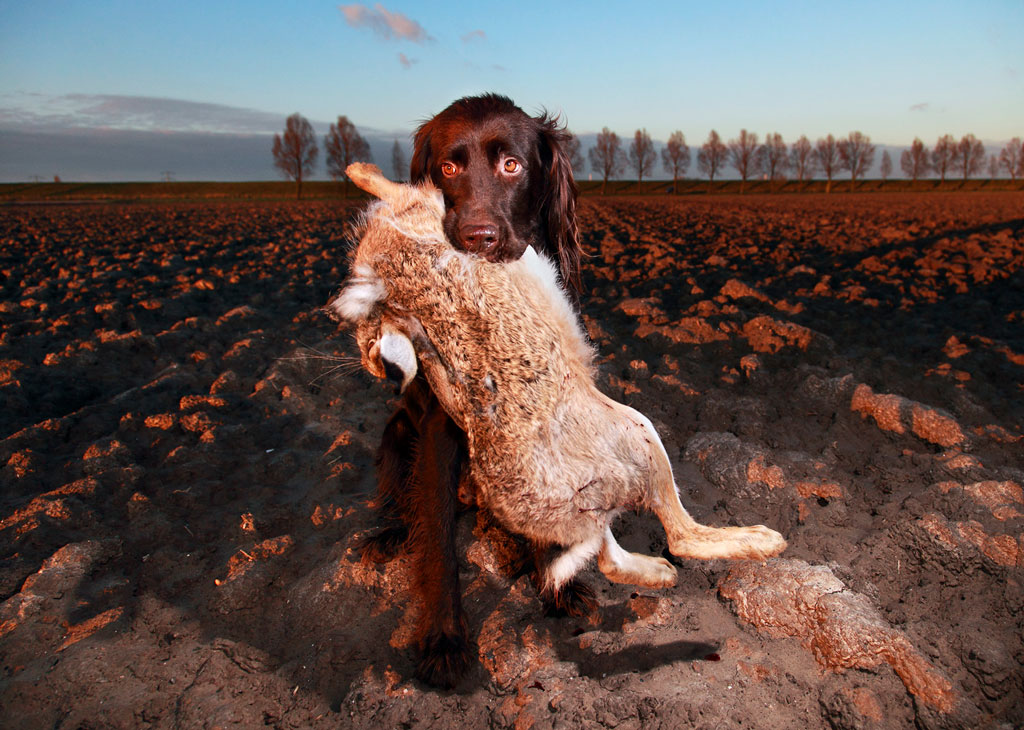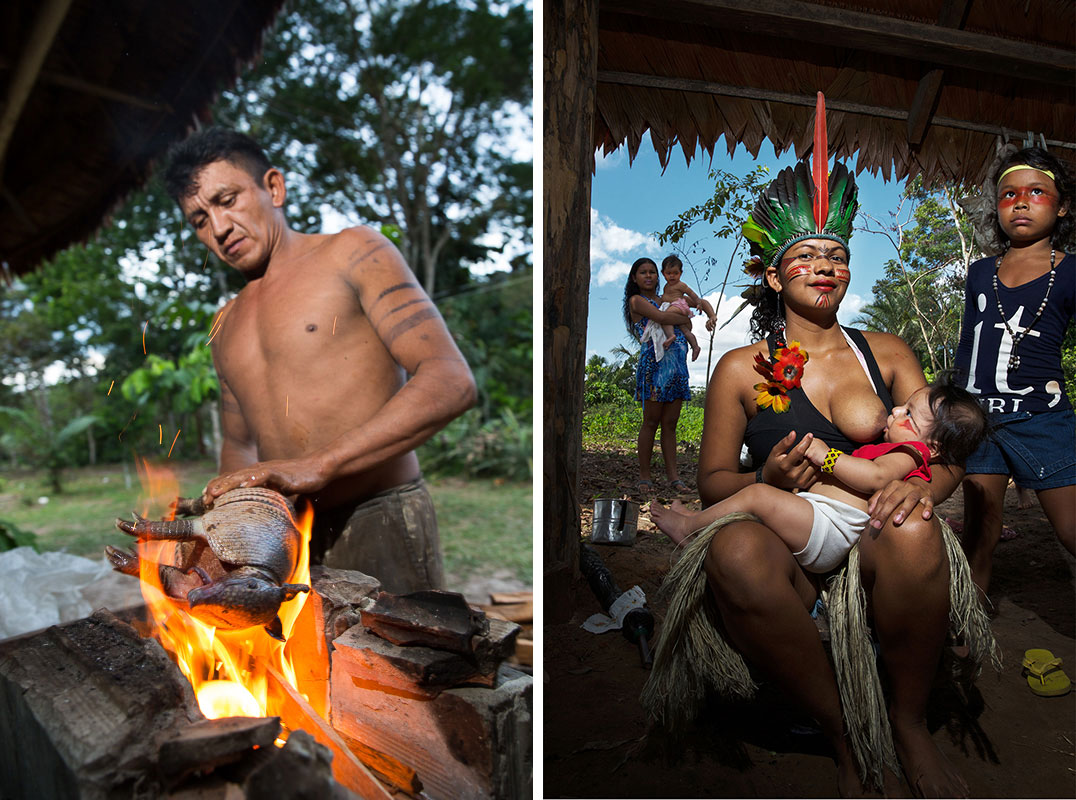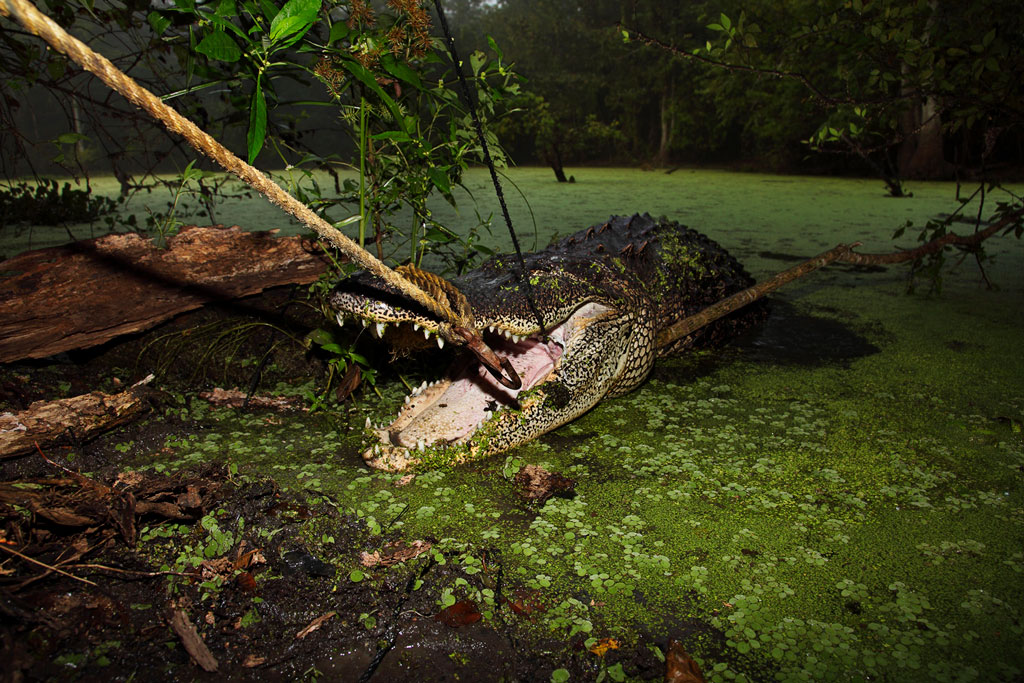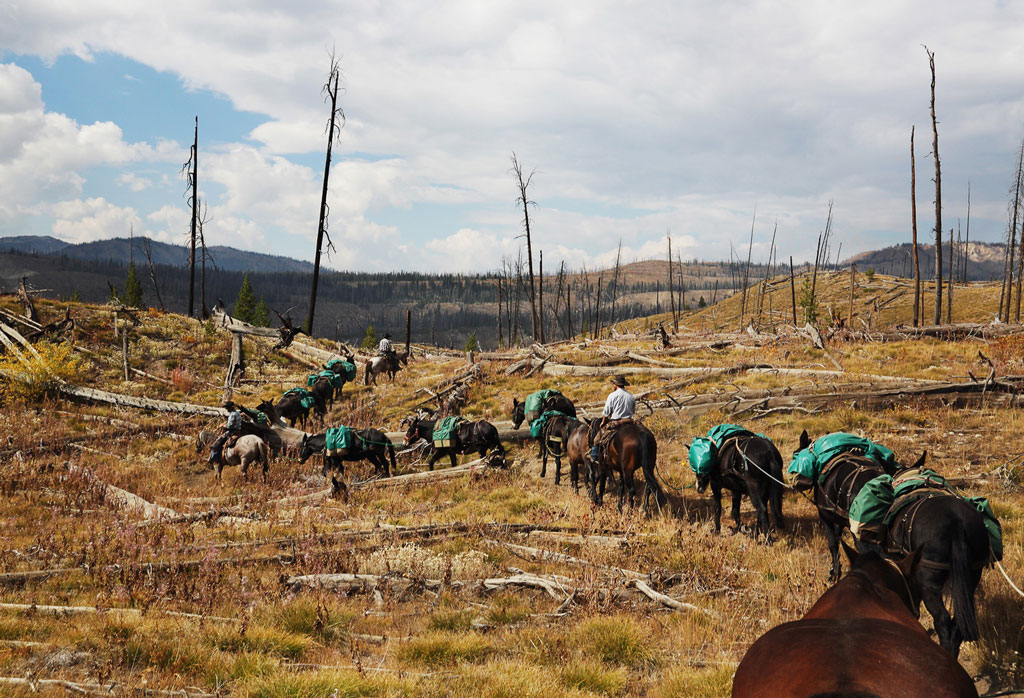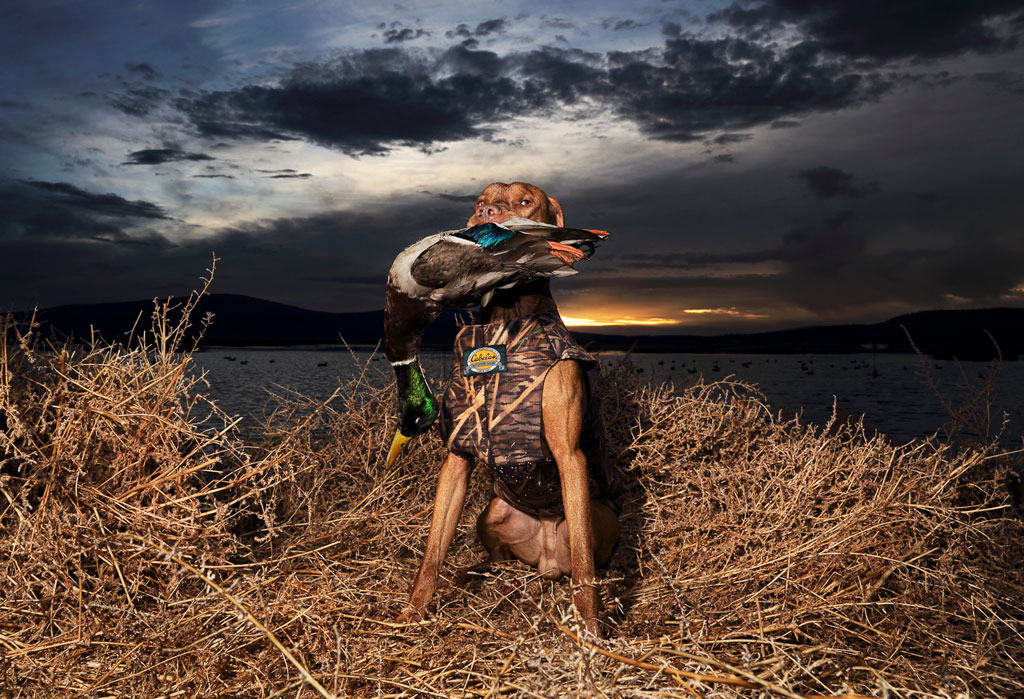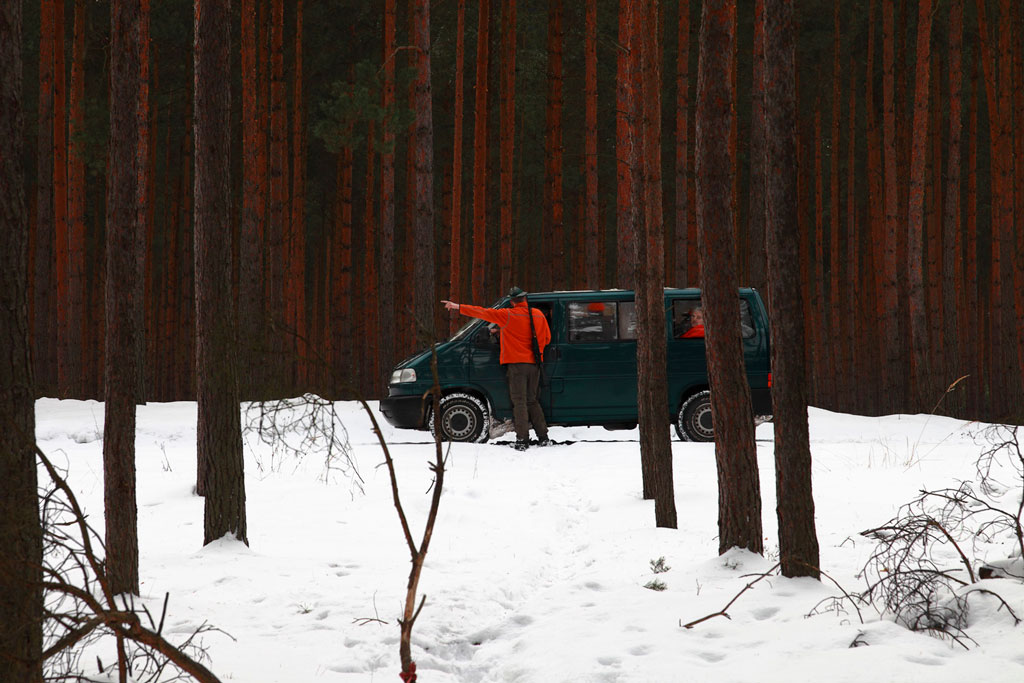PHOTO:Isabella Rozendaal-Isabella Hunts
 Isabella Rozendaal is a documentary photographer. Her work is driven by contrast. Whenever possible, she tries to create images that are at once humorous and tragic, beautiful and awful, or sweet and provocative. The photo book has always been her medium of choice, and she has published several since graduating from the Royal Academy of Arts in 2007. Isabella Rozendaal’s project about worldwide hunting culture has taken her on many travels, and into a culture that is closed off to most people.
Isabella Rozendaal is a documentary photographer. Her work is driven by contrast. Whenever possible, she tries to create images that are at once humorous and tragic, beautiful and awful, or sweet and provocative. The photo book has always been her medium of choice, and she has published several since graduating from the Royal Academy of Arts in 2007. Isabella Rozendaal’s project about worldwide hunting culture has taken her on many travels, and into a culture that is closed off to most people.
By Dimitris Lempesis
Photo: The Hague Museum of Photography Archive
What does the concept of wilderness mean to modern humans? And what does it mean to be part of the food chain in an industrialised society? Isabella Rozendaal has been exploring these questions since 2007, following hunters in a range of cultures. She never shies from confrontation: with death, with the human capacity for destruction, with the harsh reality of nature itself, and with her own morals. The exhibition “Isabella Hunts” at The Hague Museum of Photography is an account of her quest, which over the years has taken her from the Netherlands’ Hoeksche Waard to Germany, the Middle East, the United States and the Brazilian Amazon. Modern practices and ancient traditions highlight the differences and parallels between the cultures behind them. In the West, pets are often considered members of the family. And when we feel that animals are being treated unfairly, people protest but at the same time, we continue to consume meat and other animal products. The relationship between humans and animals is thus anything but simple. Perhaps that relationship would be entirely different if we were still obliged to hunt for food. Isabella Hunts focuses on this complex issue by exploring hunting practices in the Netherlands and other parts of the world. “Shaped by the canon of Golden Age painters and Romantic thinkers, but also by the modern narrative of the nature documentary, I had grown to expect certain things from nature. It played the role of a beautiful backdrop I could saunter along, but never be part of. I was never more than a passive onlooker. The hunter intends to be part of this place, to impact it, to take from it, to ingest it”, says Rozendaal. In order to see nature from a new perspective, she let herself be led by hunters. She went beyond simply observing, also butchering the animals the hunters gave her, learning how to cook them and training as a hunter. The exhibition shows the many faces of hunting, from trophy hunters and collectors of exotic species to those who hunt in order to feed their family, and everything in between. Rozendaal saw great contrasts and cultural differences. European hunting traditions are a product of old aristocratic rites. In the United Arab Emirates, falconry is an ancient tradition that only exists today because falconers go abroad to hunt, as there is not enough prey left in their own country. In the United States, hunters are shaped by the Romantic, pioneer wilderness ideal, behind which lies a vast commercial hunting industry. For the Nukini people in the Brazilian Amazon, hunting is both a mystical pursuit and a part of everyday life as mundane as going to the store. Although Rozendaal has not found any unequivocal answers to her questions, one thing has become clear to her: nature and humans, like the body and mind, are not separate entities.
Info: The Hague Museum of Photography, tadhouderslaan 43, Den Haag, Duration: 9/2-12/5/19, Days & Hours: Tue-Sun 11:00-17:00, www.fotomuseumdenhaag.nl
